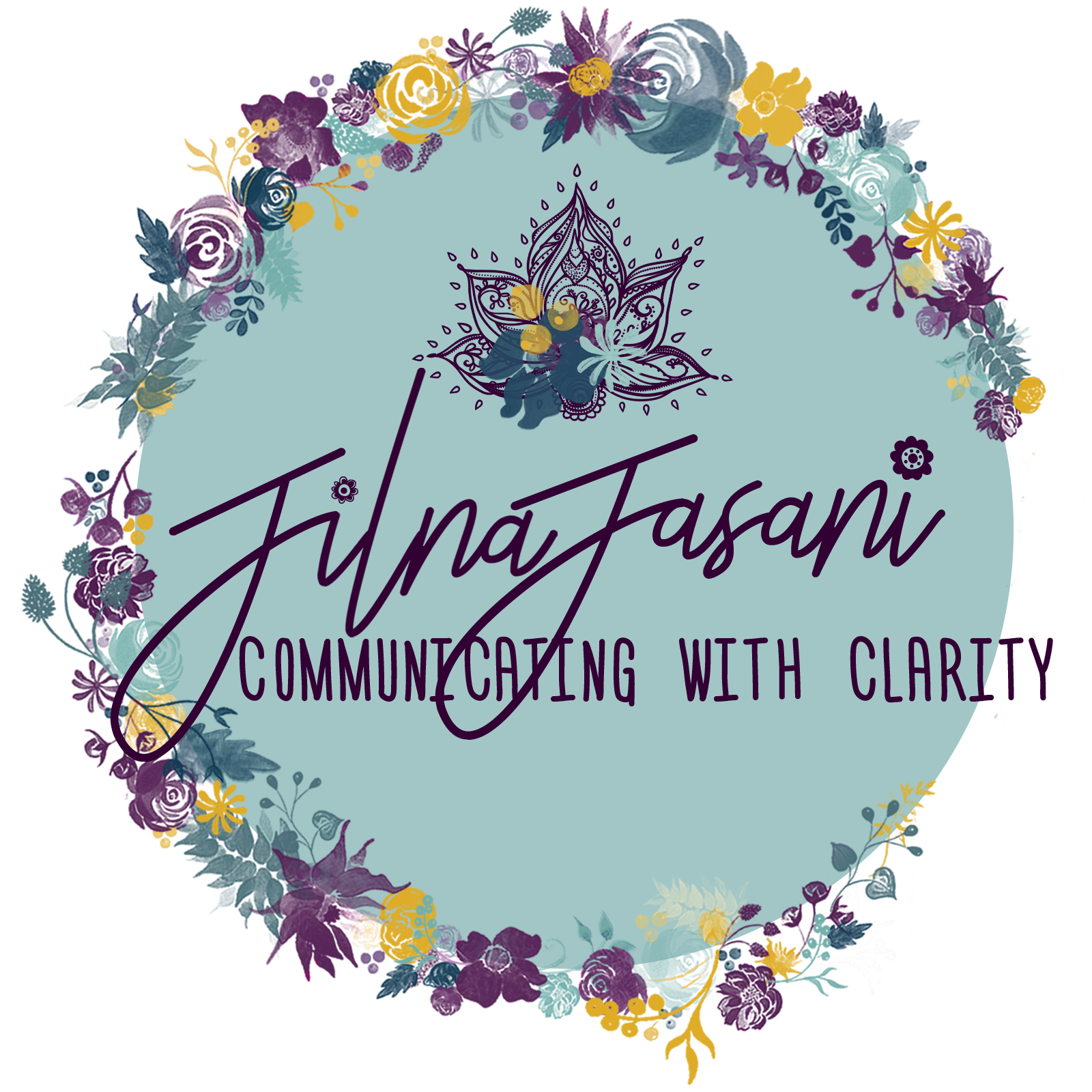
What is Your Core Inner Belief?

One of the things a lot of us tell ourselves are:
I am not good enough; I’m a failure, a loser. Everyone is better than me.
I am bad; I don’t deserve anything. Everything I do is wrong.
I am unlovable; I don’t fit in. I’m unattractive. No one likes me.
I am worthless; I’m a failure. I’m incapable. There is something wrong with me.
I am unimportant; the people I love will leave me.
I am irresponsible; everything is my fault. I never get it right.
These are examples of core beliefs. They are beliefs about ourselves, other people, and the world we live in. They are seated within our subconscious and the core of our being. We don’t go about our day consciously thinking about these beliefs. We aren’t even really aware of them; rather, they show up as fearful emotions, such as sadness, anger, frustration, disappointment, etc., and in that way they drive our every choice and decision in life.
We think, “I know I’m upset and I know it’s about me, but I don’t understand why.”

I get it. It may feel overwhelming at first to make sense of our emotions, to try to understand which of our core inner beliefs is driving our lives.
But if we want to process these core beliefs, create new beliefs, and free ourselves of suffering, it’s important to either learn how to make sense of our emotions, or work with someone who can help us do so.
I’ll tell you how I discovered one of my core beliefs with a technique called ‘laddering’.
To use this technique, you take a common automatic thought, question its meaning, and then keep questioning it until you reach a core belief.
My automatic thought was, “I don’t get it.”
What don’t I get? What does ‘not getting it’ mean?
It means I don’t understand things.
What if I don’t understand something? What does that mean?
It means I’m not smart.
The purpose of our core inner belief is to create walls that protect us from vulnerability, but it also prevents us from growing as individuals. For so long I perceived the world through my lens of “I’m not smart enough.” In fact, a part of why I do this work is to challenge this unknown and uncomfortable territory of considering myself smart. Because if I don’t do this uncomfortable thing, like sharing things with you that might empower you, I’m reinforcing my core belief that “I don’t get Conscious Parenting”, which strengthens my core belief that perhaps I’m not smart enough.

When I hold onto this core belief, it affects so many other choices and decisions in my life:
- I struggle with taking credit and being proud of myself when I’ve achieved something I’ve worked hard for, because I’ve spent so many years believing that I don’t get it, and that’s nothing to be proud of.
- I’m so afraid of failure that I hinder my progress with perfectionism and self-sabotage.
- I’m afraid of being called a healer, because that would mean I “know something”, which goes against my core belief that I don’t get it.
It’s crazy, I know. One core belief can cause multiple problem areas in your life.
Our core beliefs get birthed in infancy when we misunderstand a situation and are left to interpret that situation on our own. Before language, young children communicate in vibrations or energy. With every interaction they experience, they interpret events through the other person’s energy. If they are met with acceptance and understanding(love), they remain connected to the other person. If they are met with anger, frustration, or irritation(fear), they will disconnect from the other person.
In this disconnection, they create an interpretation of the situation around what they did to cause the negative reaction, which becomes a story about themselves that eventually becomes their core belief. They begin to believe that they are not good enough. That they did something wrong. That they are bad. That they didn’t meet their parents’ needs, and therefore there must be something wrong with them. This core belief then shows up everytime they experience a challenge in their lives, and it determines whether or not they will be able to overcome the challenge or not.
So what does this look like in a young child’s experience of life?
I have an example that I will share with you, that may resonate for children between the ages of 3 and 8. In this situation, there is a parent and child, and the child wants to go somewhere.

If the child is unable to articulate that they are unable to understand why they can’t go (the challenge), their core belief remains as their view of the world. Their view of the world is similarly impacted by the way they experience any situation that they find themselves in.
If their parent’s core belief continues to model communication in this way, this child will continue to believe that they don’t matter and will find other ways to cope. But if the parent has walked the journey of understanding their own core belief, they will learn a new way of communicating, and will be able to provide a model for the child of how to express their needs, how to ask for what they need, and how to ask concise questions. The parent will begin to speak a language that will allow them to help the child understand why they can’t go, rather than leaving them with the vague ‘no’.
This results in both people being able to co-create and negotiate solutions that work for both of them. More importantly, the child is able to make sense of the experience, and is able to connect with their parent.
Knowing our core belief is especially important in parenting, because when we identify our own core beliefs, it’s easier to see core beliefs in others, and it allows us to raise children who develop a strong sense of self with true beliefs instead.
I am worthy; I’m practicing so I can become better.
I am good. I want to be good. I deserve everything that life has to offer.
I am lovable just the way I am. I love myself, and others will love me too.
I’m trying, and that’s what matters. Sometimes I’ll get it right away, and other times I’ll need more practice.
Those who resonate with me will see my light. It’s okay not to be liked by everyone.
I am powerful. I do things with intention. I have the power to choose my actions.
We can do this by reconnecting with children as soon as we’re calm and feeling more in control of ourselves. This may involve expressing forgiveness, but it may also require that we apologize and accept responsibility for our own actions.
This step needs to occur as quickly as possible. The sooner we repair the connection between ourselves and our child, the less our children need to heal from their misinterpreted experiences. It allows them to feel heard.

Give it a try.
Take one of your common automatic thoughts, question its meaning, and then keep questioning it until you reach a core belief.
And if you need extra support, schedule a FREE one-on-one coaching session with me and I’ll help understand what yours is.

